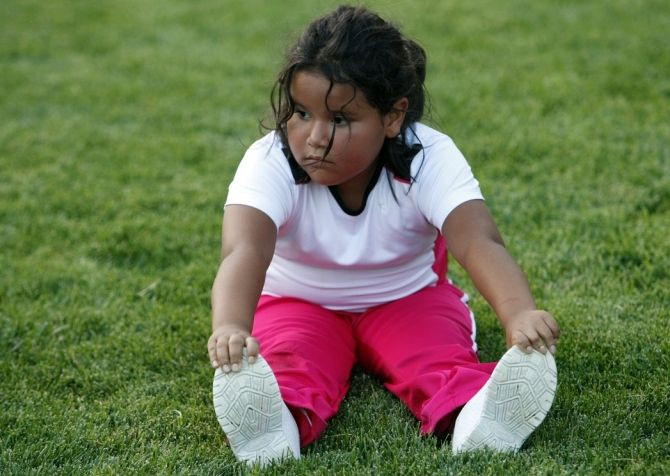Childhood Obesity May Lead to Early Puberty

Childhood obesity may disrupt timing of puberty in girls, a new study says.
According to the researchers, rising obesity among children can lead to poor reproductive systems. Previous research has shown that childhood obesity can lead to health complications like glucose intolerance, hypertension and high cholesterol. Now, researchers say that these metabolic conditions might affect the reproduction system as well.
“The issue of so many humans being obese is very recent in evolutionary terms, and since nutritional status is important to reproduction, metabolic syndromes caused by obesity may profoundly affect reproductive capacity,” said Patrick Chappell at Oregon State University and an author of the recent report, according to a statement.
“Either extreme of the spectrum, anorexia or obesity, can be associated with reproduction problems,” Chappell said.
One theory about why there is variation in timings of puberty is that normal secretion of a key hormone called kisspeptin is necessary for reproduction might be disrupted in children who have excess fat.
Previous studies have shown that childhood obesity is associated with risk of early menarche in girls.
Early menarche has been associated with heart diseases, cancer, adult onset of diabetes and depression. It can also affect lung function and result in adult asthma. Research has shown that early age menarche tend to cause behavioral problems that stay for long time.
“Any disruption of circadian clocks throughout the body can cause a number of problems, and major changes in diet and metabolism can affect these cellular clocks. Disruption of the clock through diet can even feed into a further disruption of normal metabolism, making the damage worse, as well as affecting sleep and reproduction," Chappell said.
Researchers say that more studies are required to understand how obesity affects reproductive system.
The study was published in Frontiers in Endocrinology.
Published by Medicaldaily.com



























